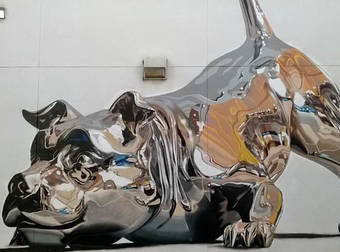Nowadays, shopping is so easy. You can buy anything you’ve ever wanted in a beautifully-decorated retail store with friendly personnel. Better yet, you can even have almost anything delivered to your home in under 24 hours. With these modern conveniences, it’s easy to forget where the stuff you use every day comes from.
No, not everything you use on a daily basis is produced by slave labor, but the fact that even one thing might be is cause for concern — and it’s a lot more than just one thing.
1. Coffee
 share
share
iStockphoto
There are 13 countries where coffee beans are harvested using slave and/or child labor. Are you awake now?
2. Chocolate
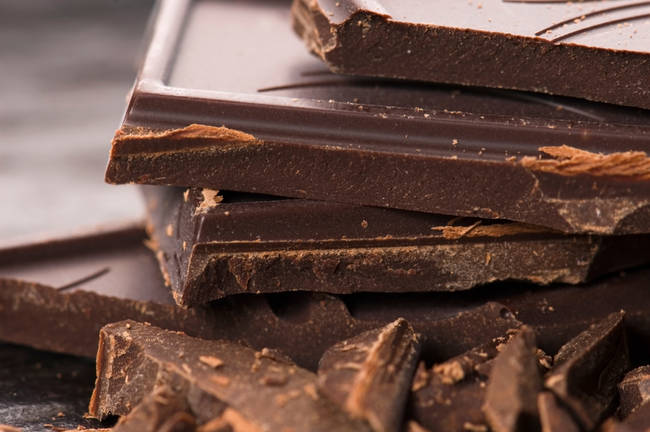 share
share
iStockphoto
For you, chocolate might make you think of fond childhood memories. For many others, chocolate will bring back haunting memories of working all day and night, trying to carry giant bags of cacao seeds.
3. Clothing
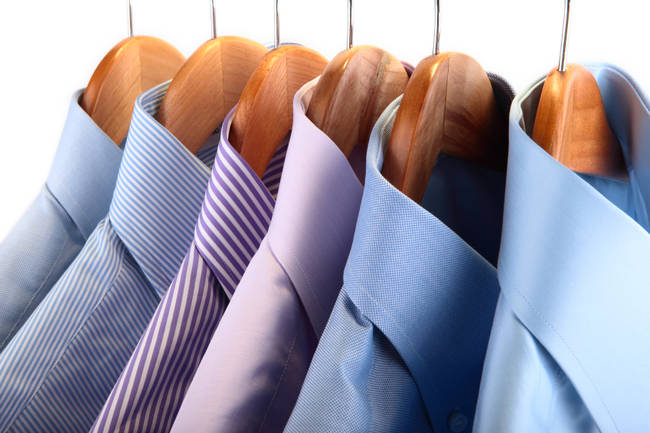 share
share
iStockphoto
If you ever wondered how a piece of clothing could be so inexpensive, it’s probably because they didn’t pay the people who made it.
4. Electronics
 share
share
iStockphoto
Many electronics factories have prison-like conditions, but the people who work there didn’t do anything wrong to get there.
5. Counterfeit Handbags
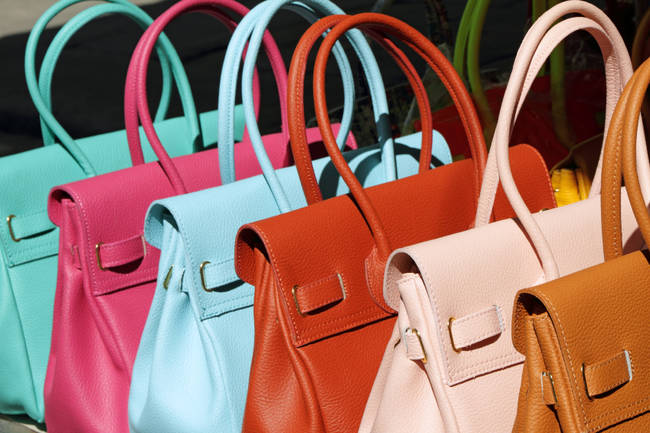 share
share
iStockphoto
If they’re willing to lie about their product and steal from the brands they copy, just think about what they’ll do to people who don’t have teams of lawyers to help them out.
6. Rubber
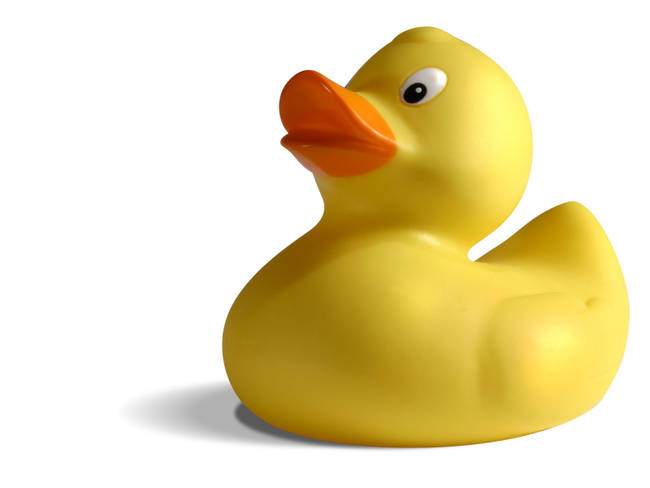 share
share
iStockphoto
Countries like Liberia, where rubber is sold at a low price, may offer a bargain. However, they do not have much by the way of regulations to ensure the working person’s safety.
7. Diamonds
 share
share
iStockphoto
No, it’s not just cheap things that support slave labor.
8. Shrimp
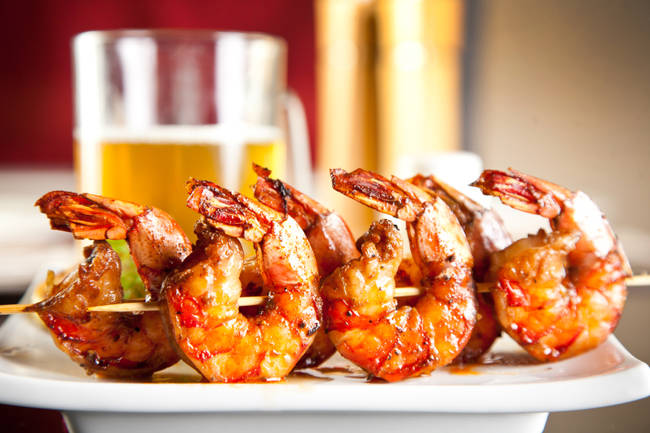 share
share
iStockphoto
The shrimp industry is actually one of the biggest supporters of slave labor.
9. Carpet
 share
share
iStockphoto
Carpets are produced in five countries that use slave and/or child labor.
10. Palm Oil
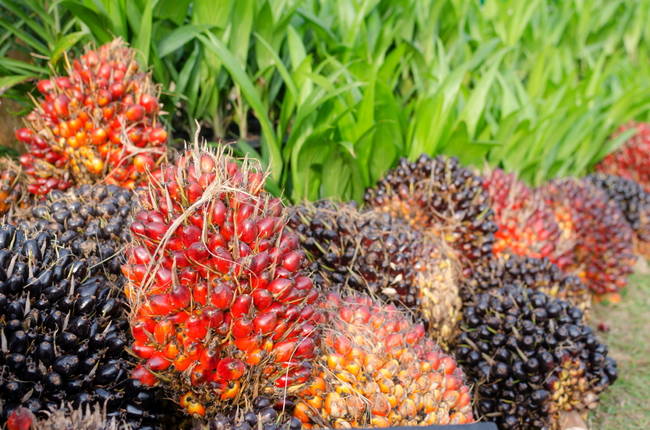 share
share
iStockphoto
While you may not know what palm oil is, it can be found in many of the cosmetics that you use.
11. Cannabis
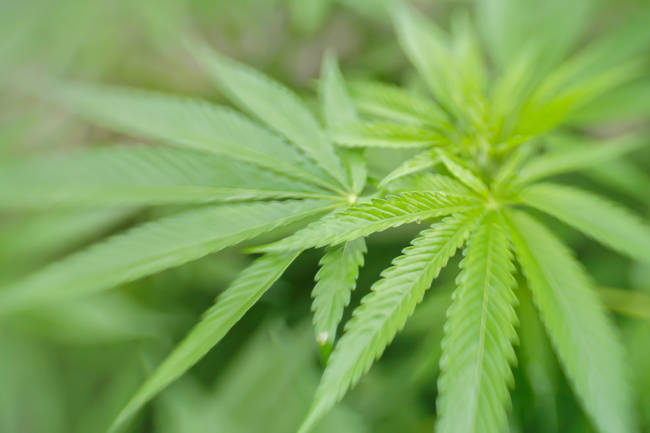 share
share
iStockphoto
You may not be able to buy it in a store, but those who do purchase cannabis are often unwittingly supporting slave labor.
12. Pornography
 share
share
iStockphoto
Sexual slavery isn’t exclusive to brothels. These people who were traded against their will can be in these online videos, too.
(via Listverse, nativevillage)
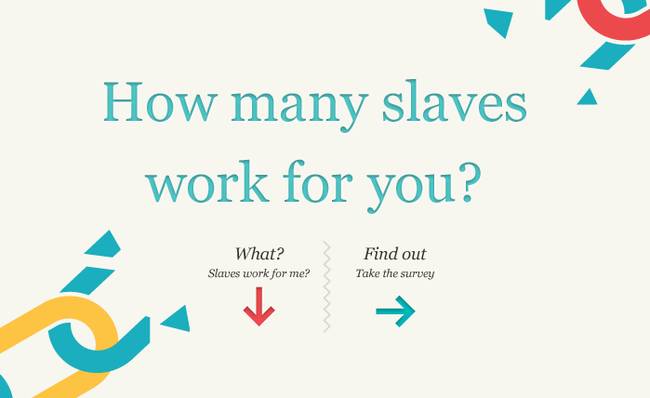 share
share
That’s really hard to swallow. If you want an in-depth analysis of how much your lifestyle supports inhumane working practices, you can enter some basic information on this website and find out how big your slavery footprint really is. For reports on slave labor and industry ratings, check out Free2Work.
 share
share
 share
share
 share
share
 share
share
 share
share
 share
share
 share
share
 share
share
 share
share
 share
share
 share
share
 share
share
 share
share

